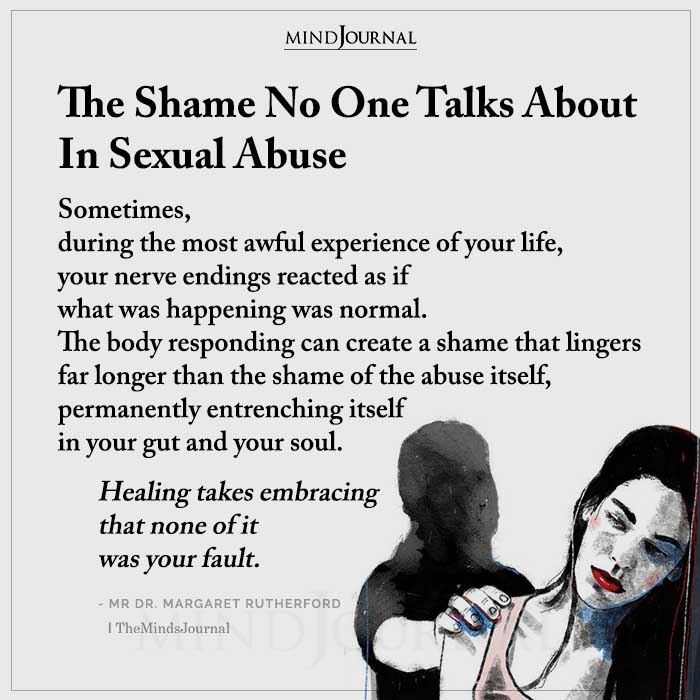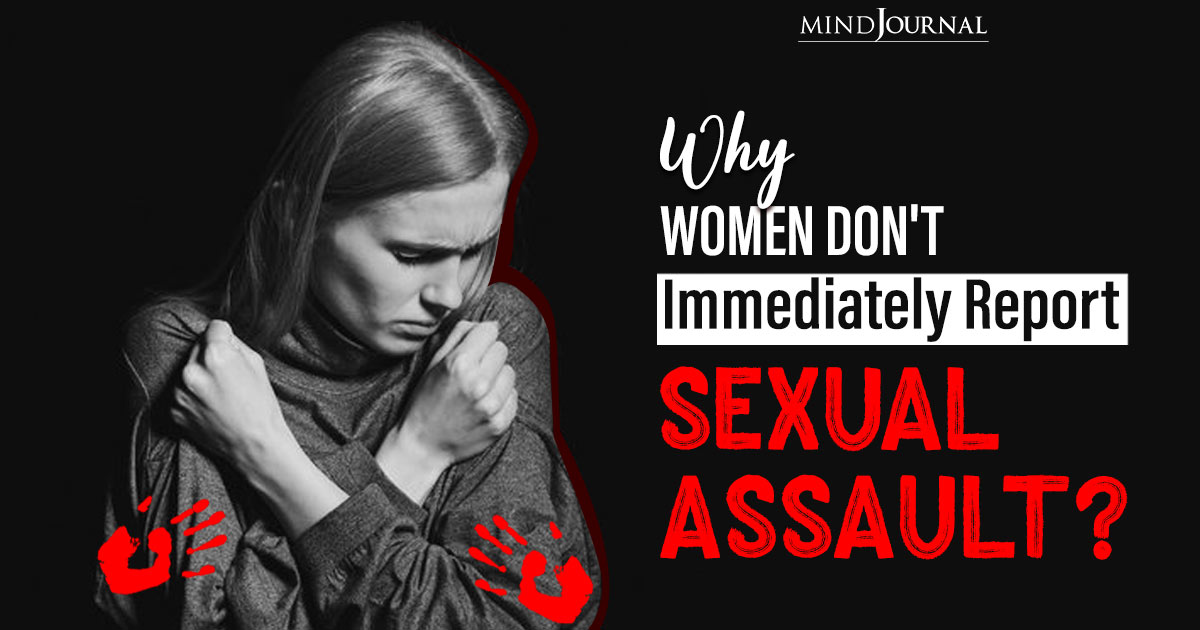When it comes to reporting sexual assault, many women find it difficult to report their traumatic experiences. Some women end up not reporting sexual assault at all.
So, why do women not report sexual assault, and even if they do, why do they end up reporting sexual assault years later? Let’s dive deep into the reasons why women don’t report sexual assault.
Key Points:
- Victims of sexual harassment and assault often delay reporting, with only one in five women reporting sexual abuse.
- Sexual harassers are often in a position of power.
- Victim blaming is holding victims and survivors responsible for the sexual harassment, sexual assault, or rape committed against them.
In the wake of the Sex and the City reboot, Chris Noth, aka “Mr. Big” had been beset by allegations of sexual assault. Amid these reports, the actor was dropped by his talent agency and fired from his role in “The Equalizer.” A commercial he appeared in was also pulled after the accusations were reported.
According to the original source, a fellow actress said that Noth raped her in 2004, while another woman said he assaulted her in 2015 following a date.
A third woman has since come forward about her experiences with him, in which she claims he sexually assaulted her in 2010 in a restaurant where she worked as a hostess and lounge singer.
Noth has denied all the claims. Stating in response,
“The accusations against me made by individuals I met years, even decades, ago are categorically false. These stories could’ve been from 30 years ago or 30 days ago—no always means no—that is a line I did not cross. The encounters were consensual. It’s difficult not to question the timing of these stories coming out. I don’t know for certain why they are surfacing now, but I do know this: I did not assault these women.”
Related: Lady Gaga- Oprah Interview: The Lasting Effects Of Sexual Assault
Some fans have echoed Noth’s observation, asking that if these claims were true, “Why didn’t these women say something sooner?”
Not immediately reporting sexual assault is a common phenomenon. In the cases of comedian Bill Cosby and Hollywood mogul Harvey Weinstein, it was decades before their victims came forward.

Why Women Don’t Immediately Report Sexual Assault?
There are many reasons why women don’t report sexual harassment and assault at the scene or time of the incident(s). Women are often too afraid or ashamed to report their experiences. From a psychological perceptive, these experiences can result in confusion and shock, often leading to PTSD.
This type of trauma might be internalized as a coping mechanism and can take time to make sense of what has happened. But sometimes, triggering events cause these memories to resurface.
One of the women who has accused Noth said that “seeing that he was reprising his role in Sex and the City set off something in me.”
Some women don’t come forward because of a fear of hostile reactions from the public, as demonstrated by this current situation, in which fans have rallied around Noth. In occurrences of sexual assault, it is ironically the victim who is held up to scrutiny.
When a woman stands up to accuse a man she is labeled a “slut” or it’s said that “she asked for it.” Sexual harassment and assault are often denied, and in many instances, the victim is accused of lying, having false memories, seeking fame, or chasing after his money.
Women can be reluctant to report sexual assault because of a fear of retribution. Abuses are often made by men in a position of power, by their bosses and senior colleagues, while reporting them can lead to further harassment, the victim’s demotion, or even dismissal.
One study found that only one in five women report sexual harassment. Of these, 80 percent found that nothing changed as a result, while 16 percent said the harassment worsened. Abusers often intimidate the victim with violence if they dare to speak out or threaten to ruin their reputation or career.
Another common refrain is that reports of sexual assault “drag his name through the mud” and “damage a man’s reputation.” It can be argued that if the man is indeed guilty, then he has damaged his own reputation.
Typically, the woman is victim-blamed and it’s her reputation that is damaged because she spoke out against the abuse.
Related: 5 Reasons Why Child Sexual Abuse Should Never Be Kept Secret
Not reporting an incident at the time it occurred is not evidence of guilt.
The “Me Too” movement has inspired many victims to come forward and there is strength in numbers. But over time, numerous survivors have been silenced by their abusers and those who enable this behavior. Sadly, there are many people whose stories of sexual assault will never be told.
References:
Fitzgerald, Louis, F., and Weitzman, Lauren, M. 1991. “Men who Harass: Speculation and Data.” Chapter 7 in Paludi, Michele, A. (Ed.) Ivory Power: Sexual Harassment on Campus. SUNY Press. Trades Union Congress. 2016. Still just a bit of banter? Sexual Harassment report. https://www.tuc.org.uk/research-analysis/reports/still-just-bit-banter Kimmel, Michael, S. 2018. Getting Men To Speak Up. Harvard Business Review. January 30. https://hbr.org/2018/01/getting-men-to-speak-up Williams, Zoe. 2017. Sexual harassment 101: what everyone needs to know. The Guardian. October 16. https://www.theguardian.com/world/2017/oct/16/facts-sexual-harassment-w…
Written By Karen Stollznow Ph.D. Originally Appeared On Psychology Today










Leave a Reply